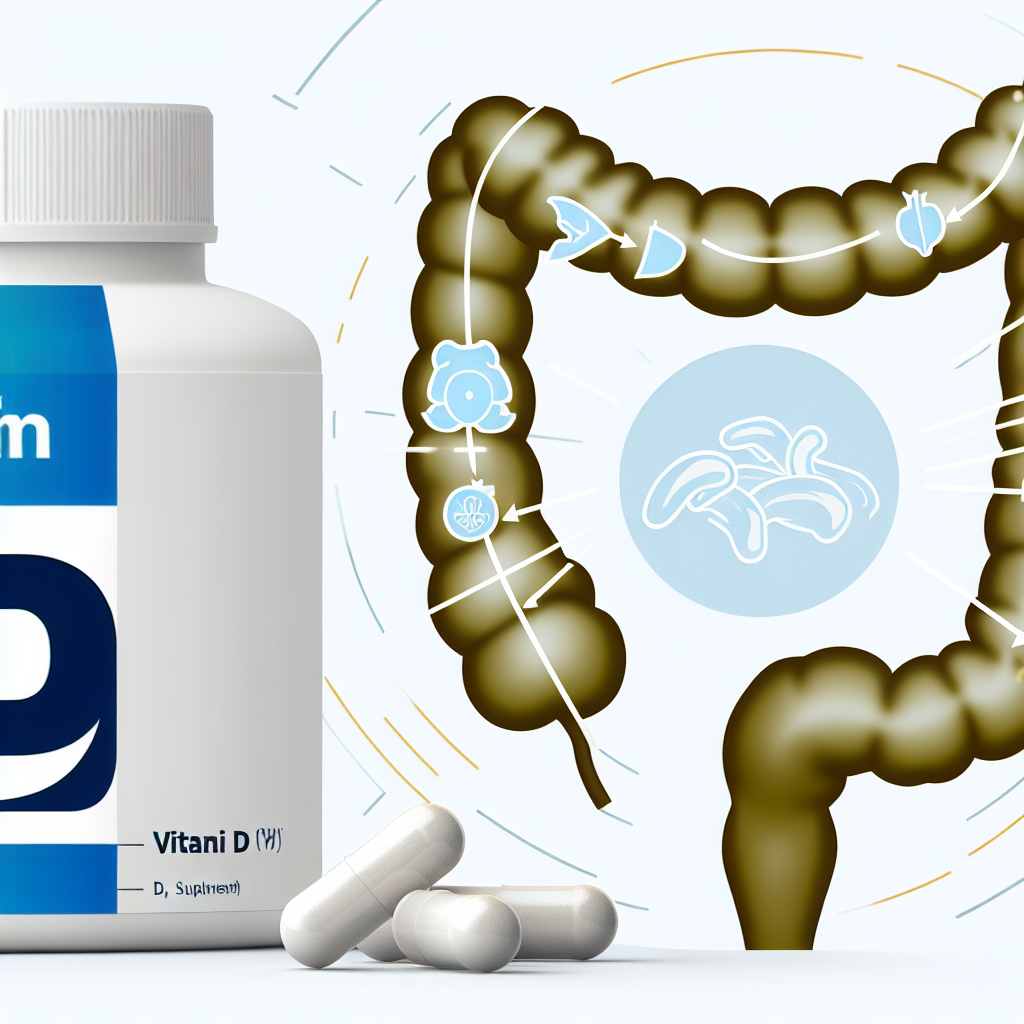Vitamin D, commonly known as the'sunshine vitamin', has immune modulatory effects and is essential for the gut barrier function. It has also been shown to positively impact intestinal motility disorders.
Studies have reported that patients with chronic functional constipation associated with intestinal motility disorders have low vitamin D levels. Further, vitamin D deficiency exacerbates the symptoms of irritable bowel syndrome.
Constipation Facts
Constipation is when you have fewer than three bowel movements per week; stools that are hard, dry or lumpy; and/or when you feel that not all of your stool passed after you have had a movement. The symptoms may include pain in your abdomen and rectum.
You can get constipated if you don't eat enough fiber-rich foods or drink enough water. Constipation can also be caused by some medicines and certain health problems, such as irritable bowel syndrome. It can also be a side effect of some cancer treatments.
Eat more fiber-rich foods, such as whole grains (pasta, brown rice, quinoa), beans (kidney, black, pinto, garbanzo, lentils), fruits (strawberries, apricots, plums, prunes, raisins), and vegetables (spinach, broccoli, asparagus, squash). Add these foods to your diet slowly, so your body gets used to them. Also, drink at least 8 to 10 cups (2 to 2.5 L) of fluids per day, mostly water. Ask your health care provider about how much fiber you should eat each day for your age and gender. You can also take a bulk-forming laxative, such as Metamucil or Citrucel, under your doctor's supervision.
Vitamin D Role
Vitamin D is a fat-soluble vitamin that helps the body absorb calcium from the intestines, and is essential for maintaining healthy bone density and preventing osteoporosis. It also plays a role in regulating mood and promoting intestinal motility.
Studies have shown that people with constipation have lower levels of 25-hydroxyvitamin D than people without constipation. However, the relationship between vitamin D and constipation is complicated. Some people with constipation have low vitamin D levels because of underlying health conditions. In other cases, people who take certain medications can have low vitamin D levels. For example, long-term use of steroid medicines can reduce calcium absorption and slow the body’s ability to process vitamin D. Stimulant laxatives can also affect vitamin D absorption.
While more research is needed to understand the connection between vitamin D and constipation, some studies have found that dietary supplementation with vitamin D improves gut health in people with gastrointestinal disorders like irritable bowel syndrome. The researchers speculate that this is because vitamin D decreases inflammation in these patients, which can then prevent the symptoms of constipation. However, more targeted research is needed to find out if vitamin D can specifically help with the constipation symptoms of IBS. This includes looking at how vitamin D supplements affect the gut microbiota and intestinal barrier function.
Health Tips
If constipation is a problem for you, make sure to have regular bowel movements and to eat plenty of fiber. You should also drink plenty of liquids (like water or unsweetened tea and coffee) throughout the day. You can also use a laxative or stool softener, though you should only do so under your doctor’s supervision.
If vitamin supplements are causing constipation, talk to your healthcare professional. He or she may recommend a different type of supplement or a lower dose. Drinking more fluids, eating a high-fiber diet, and getting regular exercise can help.
To boost fiber, choose whole grain breads and crackers, brown rice, oatmeal, wheat bran cereal, and beans (with the skins on). Choose fruits with edible skins like berries, grapes, apricots, pears, plums, and apples. Add more vegetables like asparagus, squash, and corn. Eat lean meats such as chicken, turkey, and fish. Avoid foods that are high in fat, such as butter, shortening, and fatty dairy products. If you are having trouble incorporating more fiber into your diet, try gradually increasing it over five days. This helps prevent bloating and gas. Talk to your health care provider about your daily fiber needs, as they vary by age and sex. You can also find a registered dietitian nutritionist (RDN) who can help you develop an eating plan that meets your goals.
